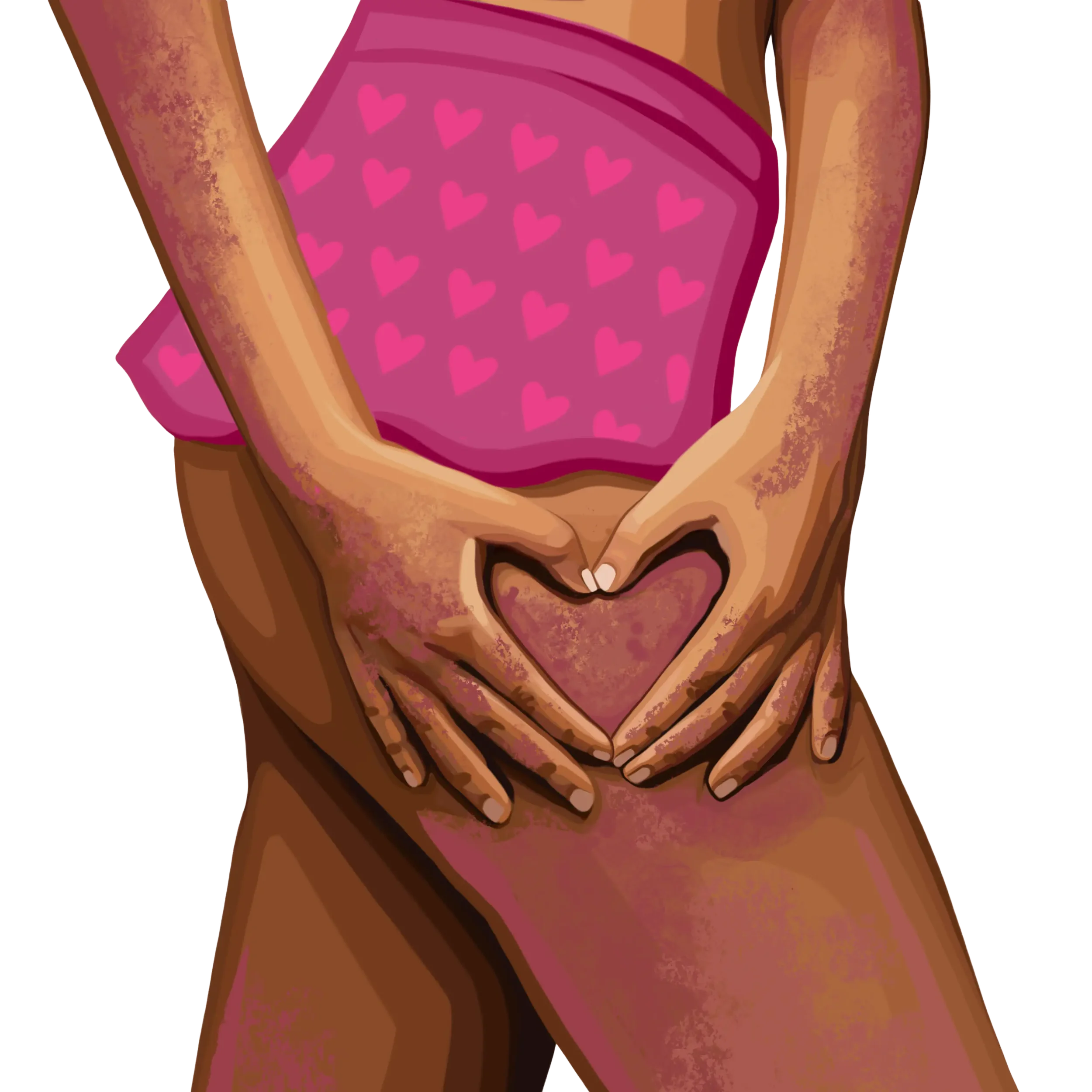Healing Lifestyle for TSW
Living with Topical Steroid Withdrawal (TSW),* also called Red Skin Syndrome (RSS), can feel overwhelming. The skin is thin, fragile, hypersensitive, and easily flares in response to everyday factors. At Wave Skin Wellness, we often remind patients:
“CAP therapy is like the accelerator, but lifestyle is the steering wheel.”
Our TSW Clinic with medical Cold Atmospheric Plasma (CAP) treatment can help accelerate healing, but your daily choices play an equally important role in steering recovery. By learning how to manage triggers and support your skin, you can regain a sense of control and create smoother, steadier progress.
Why Triggers Matter in TSW
Flares are not random. They are responses to internal, external, or physical triggers. Recognising them means you can:
Avoid setbacks in your healing journey.
Protect your sensitive skin barrier.
Reduce infections and inflammation.
Build long-term habits that support recovery.
The 3 Groups of Triggers
We divide common TSW triggers into three categories:
External triggers → irritants, allergens, infections.
Physical triggers → scratching, rubbing, sun exposure, friction.
Each person has different sensitivities. Some may flare from dust or detergents, others from stress or certain foods. That’s why it’s important to become your own detective, observe patterns, and gently adjust your environment and habits.
The Healing Lifestyle Series
In this blog series, we’ll guide you through each group of triggers:
Each article gives practical steps to help you navigate life with TSW and create a skin-safe lifestyle that supports healing.
*TSW (Topical Steroid Withdrawal) refers to redness, burning, irritation, skin thinning or other adverse effects of topical steroid use. It can also be known as Red Skin Syndrome, Topical Steroid Addiction and Topical Steroid Damage.

